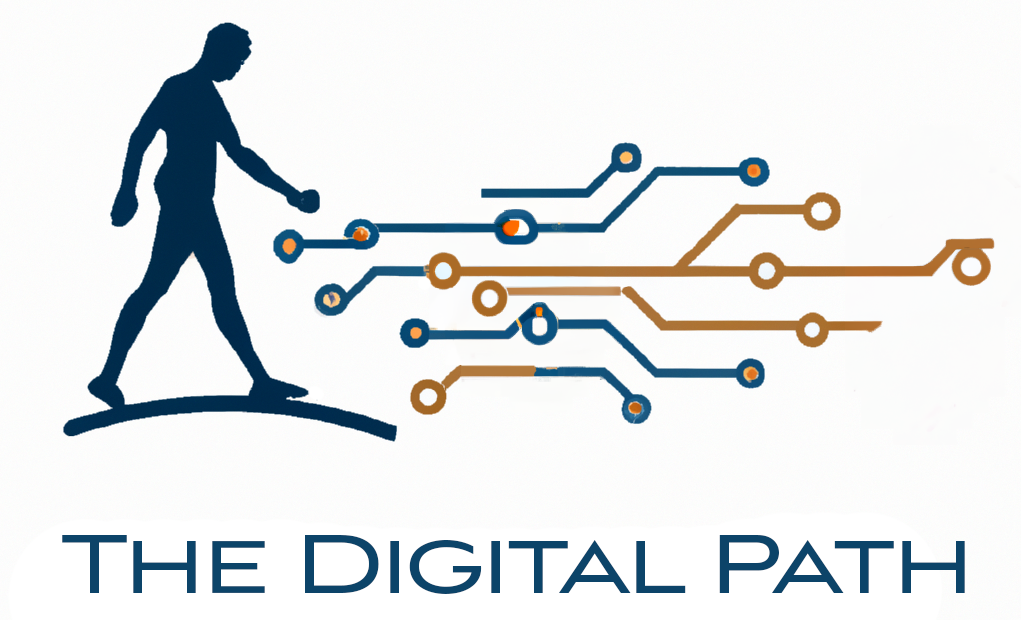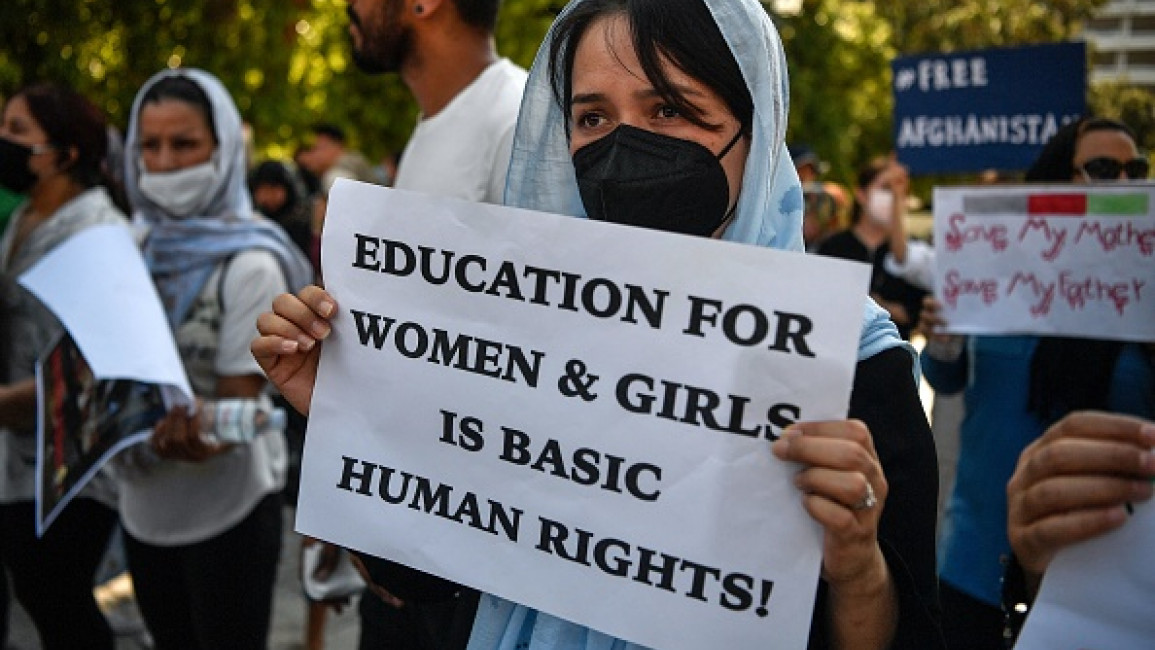In a world moving faster than ever, many people are searching for something deeper a connection that goes beyond the rush, a place to find peace, meaning, and belonging. As technology rapidly evolves, it’s not only changing how we work and communicate, but also how we experience spirituality. Artificial Intelligence (AI) is quietly becoming a part of this transformation, offering new ways for us to explore our faith, find spiritual guidance, and connect with others, no matter where we are. This research will focus on how AI is shaping spirituality, particularly through personalized experiences, meditation tools, and virtual worship services.
The main question I’ll explore in my paper is: How does AI influence spiritual practices through personalized experiences, and what impact does this have on faith and community? I’ll focus on how AI-driven platforms, such as meditation apps, prayer reminders, and virtual religious services, are being used to meet spiritual needs. While these tools are convenient and helpful, I want to ask: Do they help us grow spiritually, or do they replace the real human connection that is at the heart of spirituality?
I will dive into how AI is being used to personalize spiritual practices. For example, AI can adjust meditation sessions based on a person’s mood or send prayer reminders that fit someone’s schedule. Virtual religious services also use AI to offer more tailored experiences, allowing people to participate in worship from anywhere. While these digital tools make it easier for people to engage with their spirituality, they may come at the cost of something deeper authentic human interaction and community that many traditional spiritual practices offer.
Another important aspect of my research will be examining the ethical side of AI’s role in spirituality. AI is built on algorithms that track behaviors and preferences, but it has no beliefs or emotions. So when our spiritual experiences are shaped by AI, are we still authentically connecting with our faith, or are we simply receiving what technology thinks we want? I will explore the ethical challenges, such as the commercialization of spirituality and the loss of real human connections, and what that means for the future of faith and community.
In my research, I will explore examples of AI in action, like meditation apps and virtual religious services, and examine the ethical debates surrounding AI in spirituality. I’ll use articles and studies that focus on how AI is being used in religious communities and how it’s reshaping people’s spiritual practices.
One challenge I anticipate is staying focused on the ethical issues of AI in spirituality, as the topic is broad. However, by focusing on clear examples, I believe I can present a strong, focused argument that highlights both the positive and negative effects of AI on spiritual life.
In conclusion, my paper will explore how AI is changing the way we experience spirituality, asking whether it helps deepen our faith or distances us from meaningful human connection. I will also address the ethical questions surrounding AI’s role in spiritual practices and the implications of its growing presence in the spiritual world.










